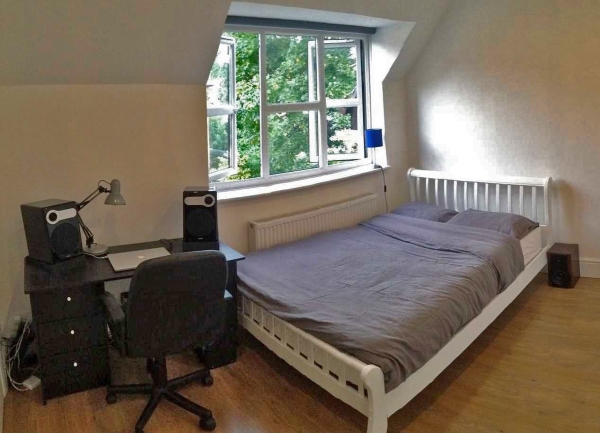We are now three months into 2019 and the race to secure student property for next year is underway. Yet 2019 has brought a darker side – scams are on the rise. In a recent case, multiple people targeted with the same tactics led to the loss of £20,000.

What is the Current Scam?
It’s been reported that prospective tenants are falling victim to fraudsters pretending to landlords in their local area. After presenting a property (usually stolen images from well-known websites), they are then asked for a deposit or advanced rent ahead of moving in. The current state of the market in which people must often move fast to ensure they get the rental property they want means people act without thinking and sometimes even before viewing accommodation.
The national platform for reporting fraud, Action Fraud UK, has reported a spike in the number of complaints this year from people who have fallen victim to such scammers.
Using Fake Websites
Most scams have traditionally gone through regular news media and through online portals. Those websites have worked hard to remove fake adverts for non-existent property and acted accordingly. Realising that the algorithms are forever improving to work against them, fraudsters are now setting up websites to snare the unsuspecting prospective tenant. The websites are slick and glossy, featuring attractive properties at prices that seem reasonable for the area in which they are advertised. But that is where the appearance of legitimacy ends. They are known to have taken photographs from other legitimate websites. While the properties may be legitimate, they are often not available for rent. Properties may also not even be in the city for where they are advertised. Some are not even in the UK.

Students At Particularly High Risk
Action Fraud is warning students in particular to be on their guard against scammers. International students are at particular risk, not understanding how the rental market in the UK works and not knowing the city where they intend to live during their studies. Regardless of your status, there are steps students should take to protect against scammers:
- Never send money until you are certain the accommodation is genuine, preferably visit before handing over any details and meet with the owner or their agent
- Alternatively, ask a local friend or family member to check it out for you or contact the university for advice and guidance
- If you can’t visit and don’t know any locals, scope out the area using Google Maps to ensure that the photos of the property match up
- Request copies of official documentation – SPC, gas safety (where applicable), HMO license and a signed copy of a rental agreement
- Never send money by transfer services. Insist on a UK bank account. Use credit cards where possible as these tend to come with protections and insurance